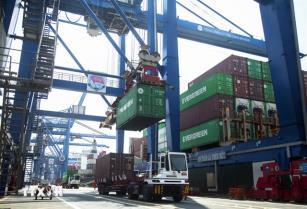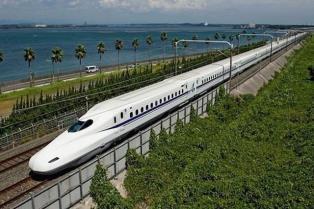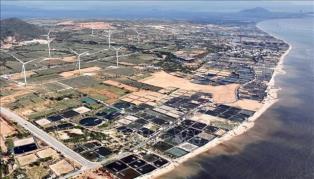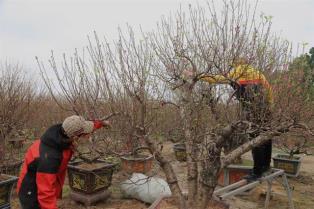Việt Nam produces nearly 1.8 million tons of plastic waste annually, with as much as 0.73 million tons flowing into the ocean, while only 27 per cent is recycled.
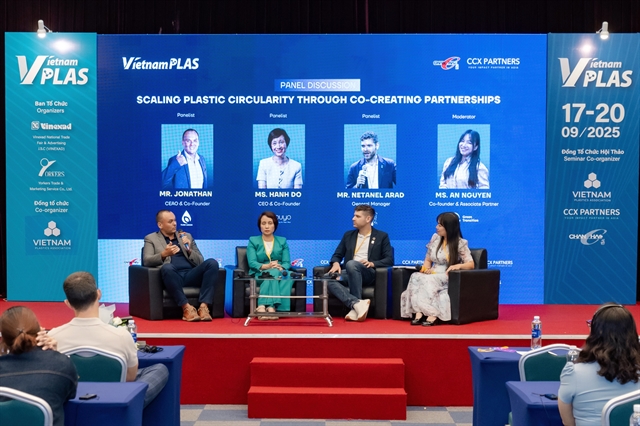
HÀ NỘI – Việt Nam produces nearly 1.8 million tonnes of plastic waste annually, with as much as 0.73 million tons flowing into the ocean, while only 27 per cent is recycled, according to the 2024 report by the Centre for Natural Resources and Environment Communication, Ministry of Agriculture and Environment.
Addressing this urgent challenge was the focus of GreenPlas Vietnam: Financing the Circular Future, an executive seminar held on September 19 during the Vietnam International Plastics & Rubber Industry Exhibition 2025. The event was co-hosted by Chan Chao International and CCX Partners.
Bringing together manufacturers, suppliers, and innovators, the seminar explored how Extended Producer Responsibility (EPR), Việt Nam’s Green Taxonomy, investment, and cross-sector partnerships can drive the country’s transition toward a circular plastics economy.
The morning Strategy Forum featured industry leaders including Lê Anh, Sustainability Director at Duy Tan Recycling; Phương Lê, Director of Thịnh Vượng Plastics; and Phương Nguyễn, Managing Partner at CCX Partners. The panel discussed practical pathways for EPR implementation and green investment, set against the broader backdrop of Vietnam’s Đổi mới 2.0 reform agenda.
“Sustainability and recycling strategies have always been essential for Vietnamese companies, even before EPR, as a way to cut costs and streamline production,” said Phương Lê, Director of Thịnh Vượng Plastics.
In the afternoon, the Innovation Forum highlighted breakthrough solutions from emerging players: BOTOL’s smart bottle collection machines, BUYO’s biodegradable plastics made from agricultural byproducts, and Turn Green’s pioneering water-soluble plastic technology.
“It can take years for start-ups to enter supply chains. That’s why strategic partnerships and co-creation are critical,” emphasized Jonathan, Co-founder of Turn Green.
Speakers agreed that innovation alone is not enough. Progress requires collaboration across the entire value chainfrom raw material suppliers to FMCG and F&B companies piloting new applications backed by accelerator programs and impact funds that provide the capital to scale.
The key message from GreenPlas Vietnam 2025 was clear: no single player can achieve this transition alone.
Strong partnerships, reinforced by financing and policy alignment, will determine whether Vietnam’s plastics industry can move beyond compliance and turn sustainability into a true competitive advantage. — VNS

